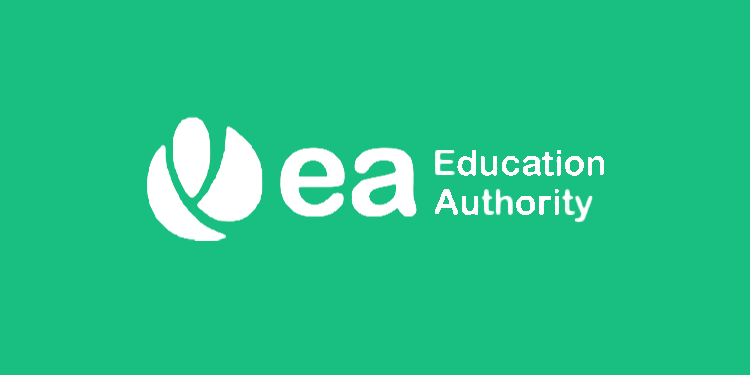By Eniola Amadu
The UK Education Authority (EA) has disclosed that thousands of families will pay nearly 20% more for their children’s school meals.
School dinner price will increase beginning from January 2026, excluding pupils receiving free school meals will not be affected.
Primary and Special school meals will get a 50p increase, moving the price from £2.50 to £3.00.
Meanwhile, post-primary pupils will get an average 19% price hike on food bought from school cafeterias. Prices for pre-school meals will also increase.
About 90,000 pupils are beneficiaries to free school meals with almost 210,000 school meals eaten daily.
The EA stated that there had been an almost 35% increase in inflation with no increase in the price of a school dinner noting that an average school meal production costs £4.28.
The EA noted it is being underfunded, facing a £300m funding shortfall and does not expect more funding unlike past years.
The EA had earlier informed school principals to curb new staff appointments and reduce using substitute teachers as part of cost-saving measures.
The authority is also increasing fees for pupils receiving tuition through the EA Music Service, although the new charges have not yet been confirmed.
The EA in a statement said “the Music Service is a non-statutory service, meaning it is one of the limited areas where there is discretion to make savings without legislative or policy change”.
“Increasing income from charging is the most feasible way to offset the cost of delivering this service and to secure savings in-year.”
Children on free school meals who currently get free music lessons and instrument hire will now be charged, though they will still receive a 70% discount.
The EA also will reduce its expenses on school transport noting that the increase in the cost of taxis is “of significant concern”.
Also, it will cut contracts with agencies and lower overtime payments in its workforce.
According to a statement, the EA said: “Education services in NI have faced growing and increasingly unsustainable budgetary shortfalls for a number of years”.
“Living within allocated funding – whilst meeting rising service needs – has been an increasing challenge.”
“The Education Authority has therefore regrettably been required to identify a series of significant savings measures.”



